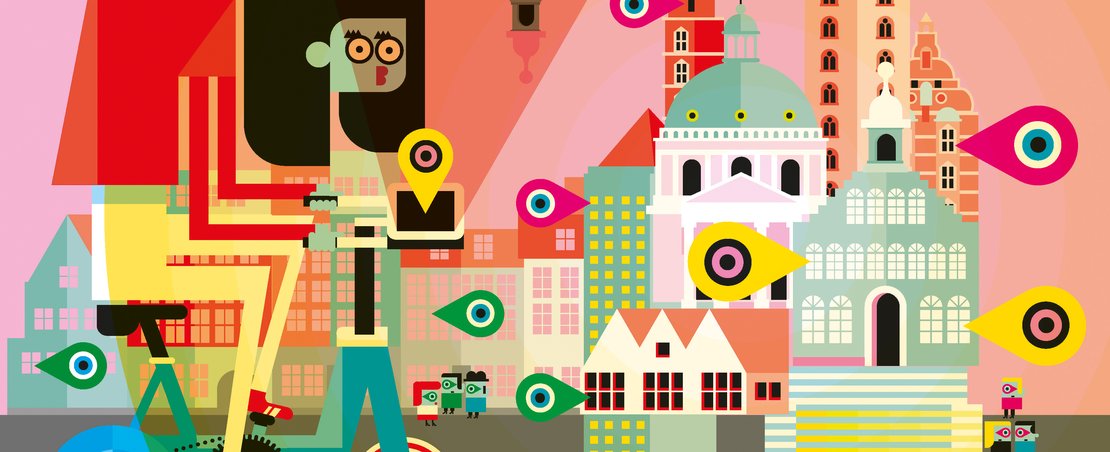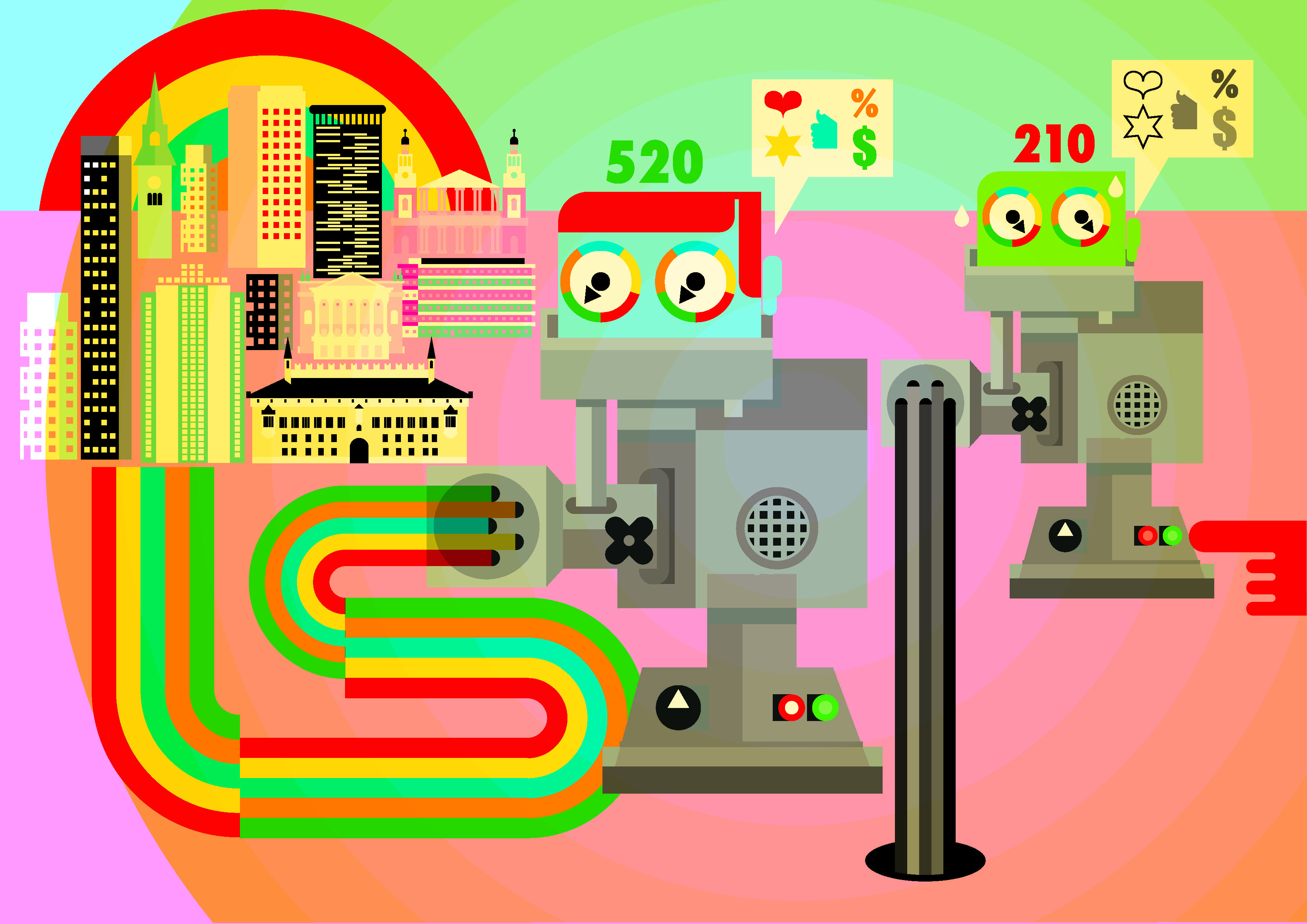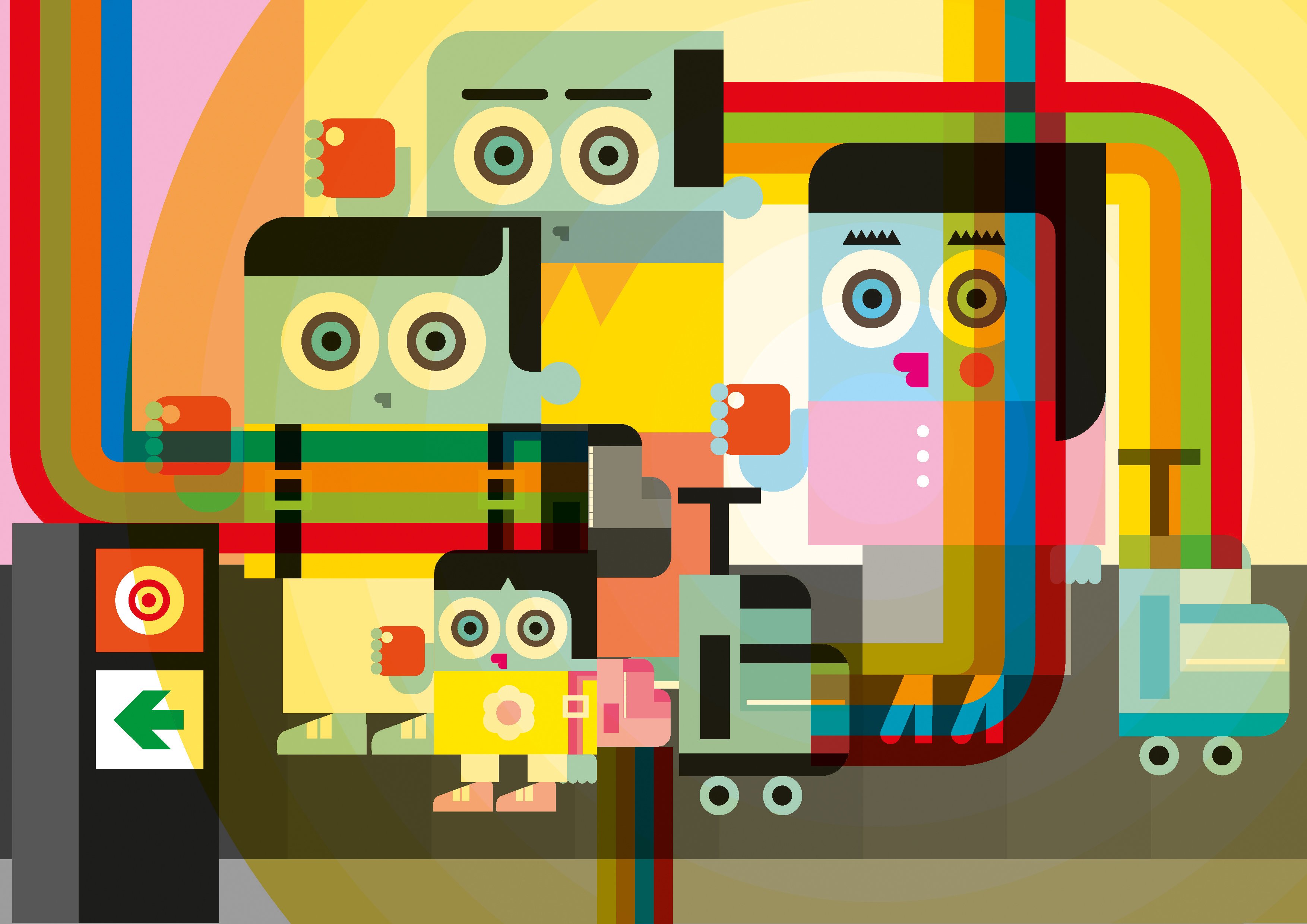
In its simplest form, data portability is the ability for someone to copy or move data from one organisation to another. Although portability was originally intended as a data protection right, our work in other sectors like banking, retail and telecoms shows that it also has other benefits. It can help build competitive, complementary and serendipitous services.
Portability is performed with the consent of the people or organisations who the data is about. They decide which organisations they trust to get access to the data. To provide an extra level of security, organisations may be vetted by a third party. For example, the UK’s open banking standard, which allows bank customers to give third party organisations access to bank account information, requires those organisations to be on an Open Banking Register, itself administered by the Financial Conduct Authority.
Over time, data portability can become a new mechanism for data sharing. If good open standards are developed then, despite the data portability right’s limitations, sharing will become quick, easy and beneficial for some use cases. However, while the new mechanism for data sharing can enable better services, healthy competition and cooperation, it can also enable harmful activities or even dystopian futures.
In our work we explored multiple scenarios of imagined futures to help us understand how we move towards a world where people, organisations and communities use data to make better decisions, and are protected against any of its harmful impacts.
How we expanded our thinking on data portability to include the peer-to-peer sector
To investigate the opportunities in the peer-to-peer sector we built a multidisciplinary team that included people with experience in research, design, communications, policy and technical development. We started with a few rounds of research, including desk research on government interventions and user research, with people who both rent and let properties on peer-to-peer platforms and various other stakeholder groups in the sector.
Using the knowledge we gained from the research, we used design fiction practices to start imagining and thinking about future scenarios. We asked ‘what would happen if…’ questions to help us think beyond what is possible right now, and to visualise different future worlds and services that could be made possible through increased data portability.
For each scenario we debated the data being used, stakeholders, risks and benefits, and the likelihood of it coming to pass.
Four scenarios for the future
We imagined four scenarios:
Holo-day
Holo-day – a virtual reality environment to help people make more informed decisions on where to go on holiday. It would allow people to ‘visit’ a destination in virtual reality to help them decide if a destination city or a room that someone was letting met their needs.

Reputation Barometer
Reputation Barometer – a service that measures and monitors an individual’s standing by giving an overall score for their reputation. This reputation score would be informed by behaviour renting or letting properties on peer-to-peer accommodation platforms. It could be used by other users of the peer-to-peer platform or services outside the sector to make decisions about whether and how to interact with that person.

“Hypr-local” bike tour
“Hypr-local” bike tour – a bike that is preprogrammed with various tours people can take through a holiday community. The tours are based on data provided by the local community, hosts and renters, as well as the visitor’s own preferences.

Data Baggage Tag
Data Baggage Tag – data from services / platforms that people can carry around on a physical device. When you stay at a property the services in that property, such as smart thermostats, will be given access to data about you and adapt to your preferences.

Conclusion
We felt that each of the scenarios we explored was technically possible and that there would be viable business models for organisations offering these services, but there were things that might stop them emerging easily, for example whether data stewards – the people who hold data – decide to work together to make the data they hold portable to an open standard, or whether regulators intervene to force them do so. These echoed the limitations to data portability that we have seen in other sectors and contexts.